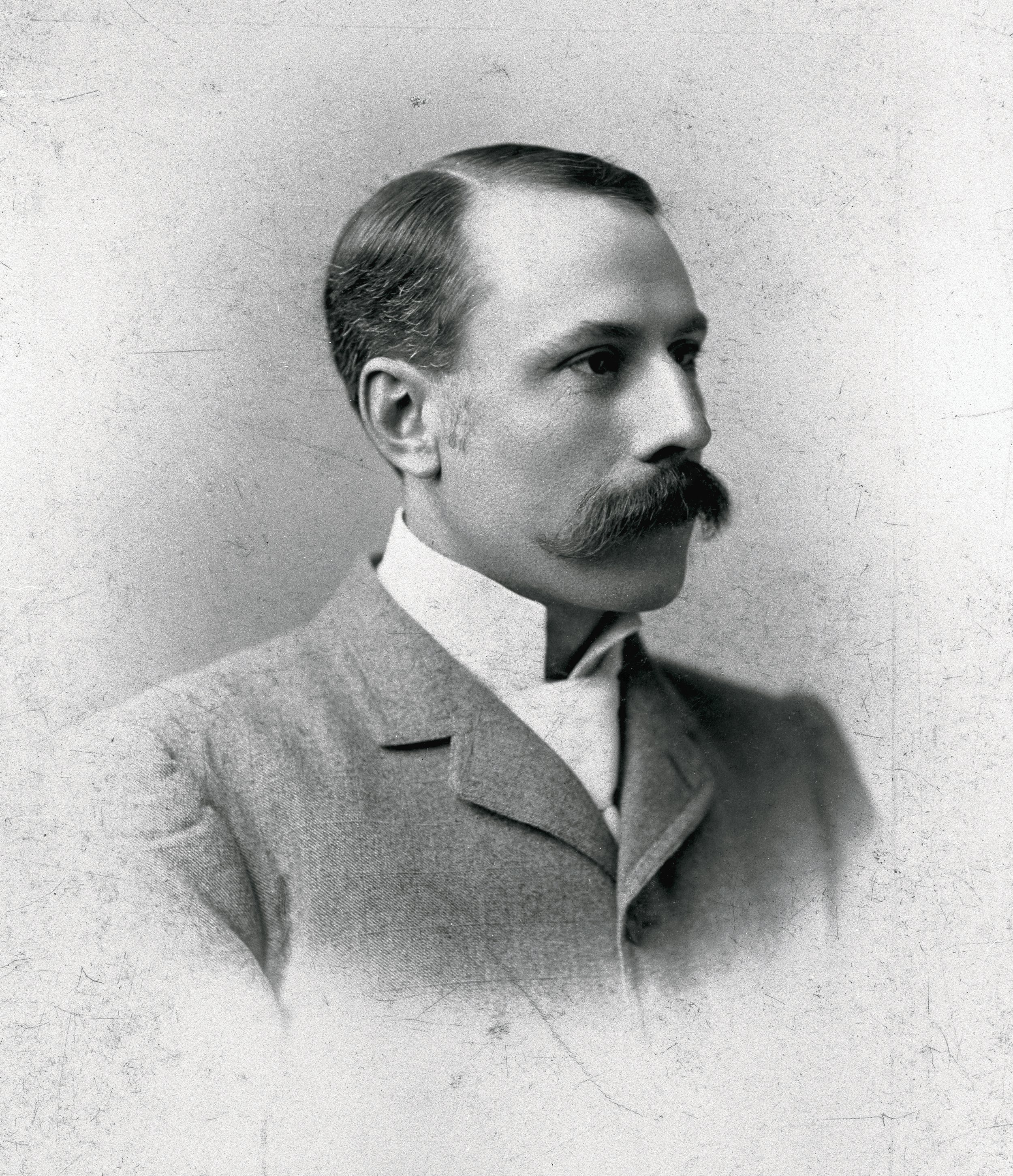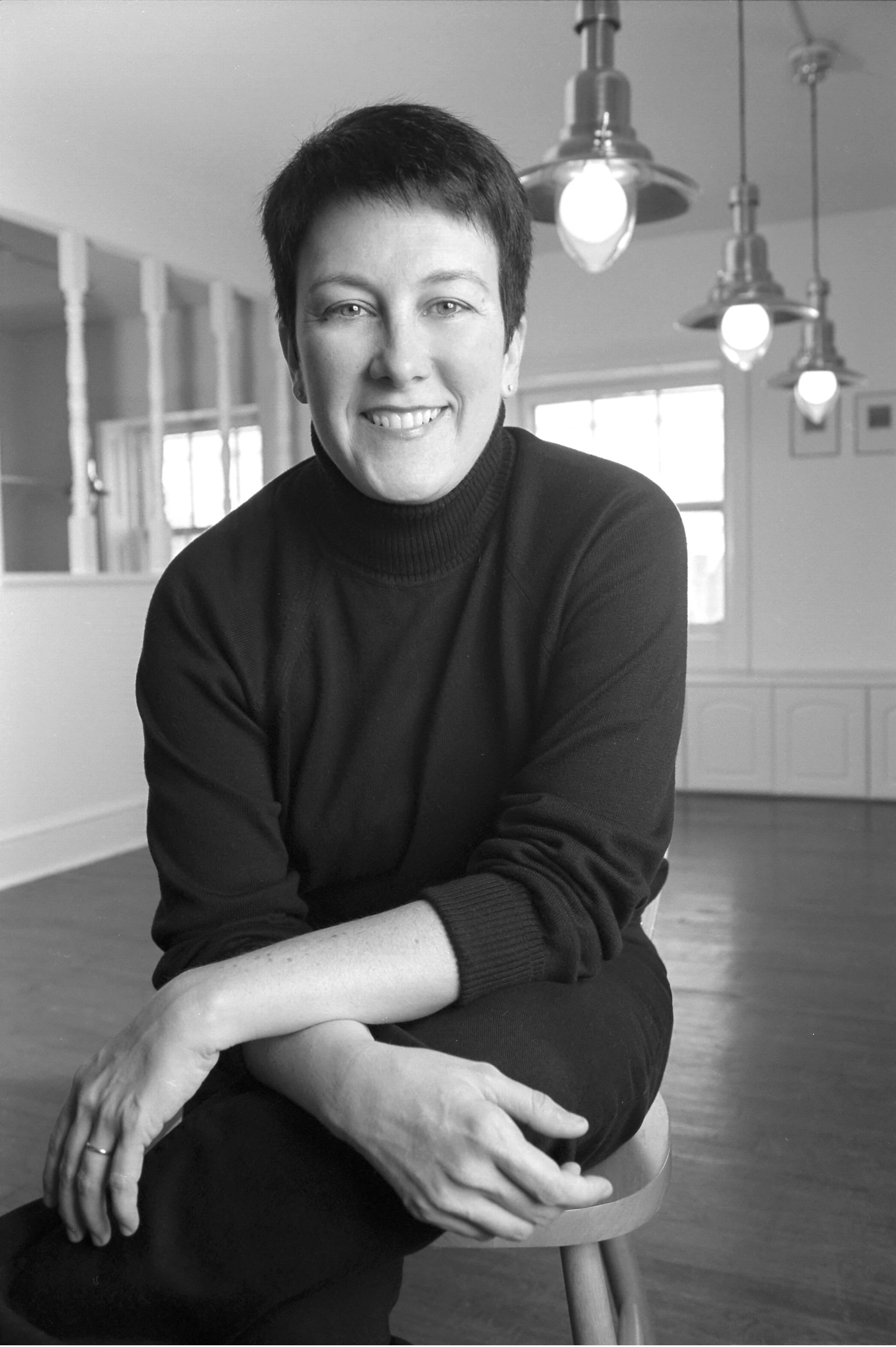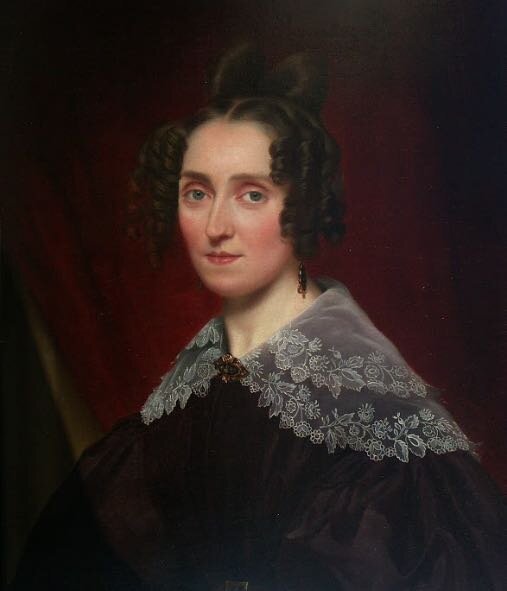Program Notes
Learn more about the memorable programs offered by the Spartanburg Philharmonic through insightful anecdotes and historical notes about the composers and their works.
Schumann: Symphony no. 3 "Rhenish"
Schumann was as well known in his lifetime for his articulate and even poetic writing, for his one great love affair, and for his moods and melancholy and eventual madness as he was for his powerfully emotional music.
Elgar: Cello Concerto
The Cello Concerto is undoubtedly Elgar’s last great work, and it’s hard not to think that Elgar may have known that as he wrote it.
Higdon: blue cathedral
Surprising though it might be to read, the art of composing is thriving in America today. In recent years a wide and diverse array of compositional voices has bridged the gap that had developed between living composers and concertgoing audiences. There can be no doubt that Jennifer Higdon has been driving that trend for some years now.
Stravinsky: Firebird Suite
On May 28, 1910, Stravinsky supplied Diaghilev with almost 60 minutes’ worth of ballet music, and on June 25 The Firebird premiered in Paris and was a sensational success.
Bizet: Farandole
In life, Bizet’s career was a curious one. Admitted to the Paris Conservatory at the ripe old age of nine, Bizet shot like a comet through the halls of that institution, winning more accolades as a student than almost anyone before or since.
Vaughan Williams: The Lark Ascending
For Vaughan Williams was the most English of composers. Son of a prosperous clergyman, great-nephew of Charles Darwin, family friend of Lord Bernard Russell, Vaughan Williams possessed in full the British love of nature and propensity for long rambles from village to village.
Walton: Suite from Henry V
Walton spent the WWII years working for the British War Office, writing music for patriotic-themed films. The greatest of these was Olivier’s 1944 Henry V.
Powell: How to Train Your Dragon
John Powell’s score for “How to Train Your Dragon” has been among the most-programmed of the last decade, and has been arranged for almost every imaginable combination of instruments. The London-born-and-bred Powell was for some years Hans Zimmer’s assistant, and it was Zimmer who helped to set up Powell with the film’s producers.
Dvorak: Carnival Overture
Dvorak sent in a pile of unpublished and unperformed manuscripts to a composition contest, not knowing when he did so who its judges were and hoping vaguely for a financial prize. Well, the judges were Johannes Brahms and his friend, the eminent music critic Eduard Hanslick, and Brahms recognized Dvorak’s genius at once.
Rimsky-Korsakov: Scheherazade
Starting in the Black Sea, 18-year-old Rimsky-Korsakov sailed through the Mediterranean to England, where he picked up an American bunkmate named Thompson. Those experiences – seeing the countries of the world and meeting them through music – were inspiration enough to drive Rimsky to become a self-taught master of composition and orchestration (his textbook on the latter subject is still in print).
Mahler: Songs of a Wayfarer
In 2016, BBC Music magazine polled 151 conductors to determine, as the headline put it, “the 10 Greatest Symphonies of All Time!” Three of the top 10 were by Gustav Mahler, and Mahler’s nine entries in the symphonic canon are often seen as the apotheosis of the huge late-Romantic symphony.
Anna Clyne: This Midnight Hour
The Philharmonic begins this season of adventure and discovery with a new work, Anna Clyne’s propulsive and appealing “This Midnight Hour.”




















